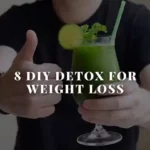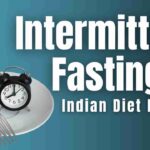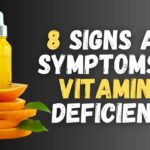Vitamin D is also called sunshine vitamin since it can be obtained from direct exposure to the sun.
foods to treat Vitamin D deficiency – Vitamin D regulates the immune system, stimulates phosphate absorption in the intestine, maintains normal levels of calcium and phosphorus, maintains bone health, and prevents cancer, cardiovascular mortality, multiple sclerosis, and type 1 diabetes.
Nevertheless, while listing the benefits, I wondered which food is for vitamin D deficiency treatment. Are you with me on this question? Then let’s find out the answer in detail.

Table of Contents
Naturally vitamin D-producing food list.
A gift of nature is that humans can derive vitamin D from sun rays; nonetheless, the changing lifestyle has decreased exposure to the sun. Therefore, we must depend on diet to replenish vitamin D and properly function our body.
Naturally, vitamin D is found in the foods like fish, meat, offal, egg, dairy, and some mushrooms in the form of cholecalciferol (vitamin D3).
foods to treat Vitamin D deficiency.
Meats, offal, and meat products
You must have heard that meat is among the food to eat for vitamin D deficiency, but the question is, do all cut-outs have an equal amount of vitamin D? No, the vitamin D distribution is not uniform. According to the studies, out of cows’ raw kidney, liver, and muscle, the kidney exhibited the highest amount of vitamin D and, in contrast, the lowest by muscle [1].
The vitamin D3 concentration may vary from source, part, and before and after cooking of the meat. For instance, the vitamin D3 in pork was between 0.05 to 0.21 mcg/100g depending on the fat concentration, which increased to approximately. 0.11-0.28 mcg/100g after the cooking [2].

Poultry meat is another source of vitamin D, and according to Mattila et al. findings, the mean Vitamin D3 content was 2.9 mcg/kg, which didn’t differ with changing seasons [3].
Dairy for vitamin D deficiency treatment
Dairy is another inexpensive option among the foods for vitamin D deficiency. According to the different European & USA national food composition databases, the vitamin D content in whole milk was 0.3-1 mcg/kg, in fortified whole milk was 7.05-9.9 mcg/kg varying from country to country, whereas, in cream, it was 3.7-10.8 mcg/kg [4].
Moreover, the vitamin D content in yogurt, butter, and cheese was found to be 0.4-6.0 mcg/kg, 5.9-14.1 mcg/kg, and 2.0-18.1 mcg/kg (variation from soft to hard cheese), respectively [4].
Egg for vitamin D deficiency treatment
Among the Food to eat for vitamin D deficiency, you will hear eggs as one of the top supplements. However, according to data, a whole bunch of vitamin D is present, particularly in the yolk. According to the USDA, the egg yolk has 5.4 mcg/100g of vitamin D3 [5].
Moreover, the studies suggest that the consumption of at least 0.5 eggs/day can prevent health problems among children associated with the deficiency [6].
According to the clinical trial in adults, consumption of 7 vitamin D-enhanced eggs can cover the winter vitamin D status [7].
Similar results were obtained by another study where in random trials, the consumption of commercially available 7 eggs for a 12-week period was enough to boost the winter-time decline in the concentration of circulating vitamin D in adults [8].
Fish for vitamin D deficiency treatment
Talking about vitamin D deficiency treatment and didn’t touch fish, how it can happen. According to the studies, a wild-caught salmon has approx. 988 IU/3.5 oz of vitamin D3, whereas farmed salmon has only 25% of vitamin D, i.e., approx. 240 IU. This cue towards the prediction that fish farming away from natural habitat decreases the nutrient profile [9].
The vitamin D concentration can also differ from blue, gray, and white fish, i.e., approx. 280 IU/3.5 oz vitamin D3 and approx. 104 IU/3.5 oz; there is very little fat in white fish hence approx. 56 IU/3.5 oz vitamin D3 concentration [9].
On the other hand, the vitamin D3 content is more or less 388 IU and approx. 404 IU in farmed cultured trout and tuna, respectively [9].
The above statistics about the concentration of vitamin D in different fishes confirm its presence and effect in the treatment of vitamin D deficiency through diet, hence depending upon the availability and other factors, you may choose any of the fishes.

Mushrooms for vitamin D deficiency treatment
Undoubtedly, Omnivores and non-vegetarians have a wide range of dietary choices for vitamin D fulfillment, but in the case of vegetarians and vegans, the option shrinks. Nevertheless, sun-exposed mushrooms are one of the options for vegans and vegetarians.
Mostly sun-exposed mushrooms produce vitamin D2, but shiitake mushrooms are one that can produce both types, i.e., vitamin D2 and are largely considered naturally available vitamin D3. The blood levels of 25-hydroxyvitamin D can be maintained with the consumption of 2000 IUs of vitamin D2 is equivalent to 2000IU of vitamin D3; hence mushrooms are a rich source of vitamin D [11].
In fact, the consumption of mushrooms can not only provide bioavailable vitamin D2 and D3 but also vitamin D4. The presence of vitamin D4 is reported in mushroom species like cremini, portabella, enoki, shiitake, maitake, oyster, morel, and chanterelle [12].
Other forms of mushrooms, like button mushroom (Agaricus bisporus), which are grown dark, contains lesser amount, i.e., 56.3 mcg/100g fresh weight of provitamin D2 and 0.11 mcg/100g fresh weight of vitamin D2 [10]. Therefore, mushroom producers have started to expose mushrooms to UV radiation to increase the amount of vitamin D2.
Sun-exposed yeast for vitamin D deficiency treatment
The sun-exposed yeast is another source of vitamin D2 and can act as an alternative for vegans and vegetarians as a vitamin D dietary supplement [13].
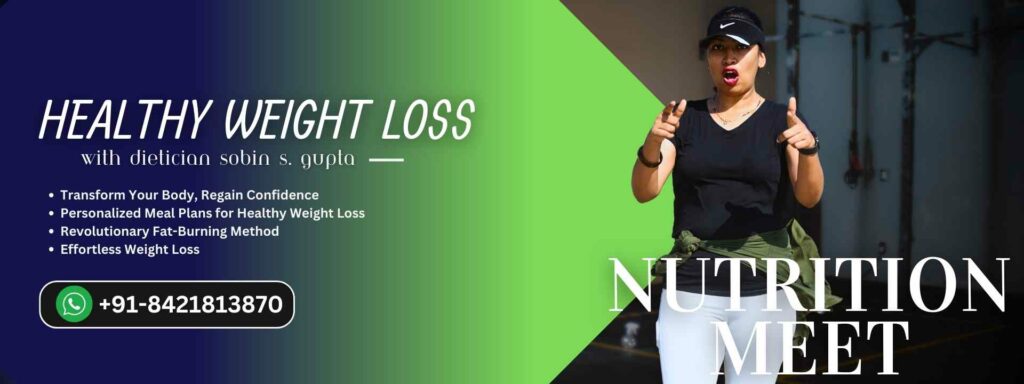
According to a trial where the bread containing vitamin D2 yeast was prepared and fed to vitamin D deficient mice. Upon 8-week feeding, it was noticed that vitamin D2 is bioavailable since it can essentially improve bone quality in vitamin D-deficient mice [14].
Fortified foods for vitamin D deficiency treatment
Although natural dietary options are available for vitamin D deficiency treatment, sometimes they are not enough, especially in vegans and vegetarians; hence fortified foods are chosen.
Fortified milk: Generally, approximately 2.9 mcg, i.e., 116 IU of vitamin D, is present in fortified soy milk; however, you must check the label before buying for correct figures. Other types of plant-based milk, such as almond milk, rice milk, etc., are also available in the market with fortification.
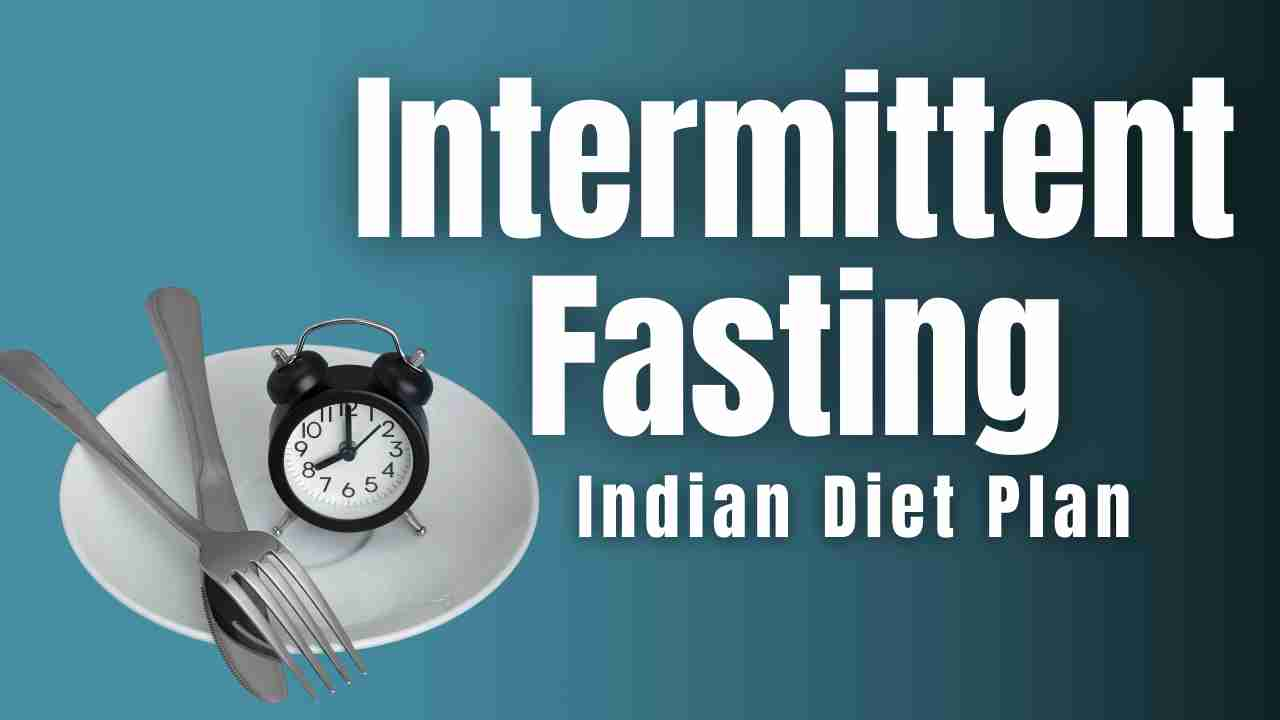
Best 7 days Intermittent fasting diet plan Indian

The Truth About Calorie Counting: Balancing Weight Loss and Mental Health
Fortified cereals: cereals are something most people like to include in their breakfast, therefore, the use of fortified cereals depending upon the brand, may typically complete your need of 0.2 to 2.5 mcg per serving at the beginning of the day.
Fortified juices: The juices are something we like to drink more than eating whole fruit; hence you may also see the tetra pack of orange juice fortified with vitamin D, which is approx. 2.5 mcg per serving.
Conclusion
Vitamin D deficiency is the reason for various physical as well as mental health issues. Therefore, cure and prevention are essential, and above, we have listed 7 different types of foods, i.e., Meat, eggs, fish, dairy, mushroom, sun-exposed yeast, and fortified foods for the treatment of vitamin D deficiency.

